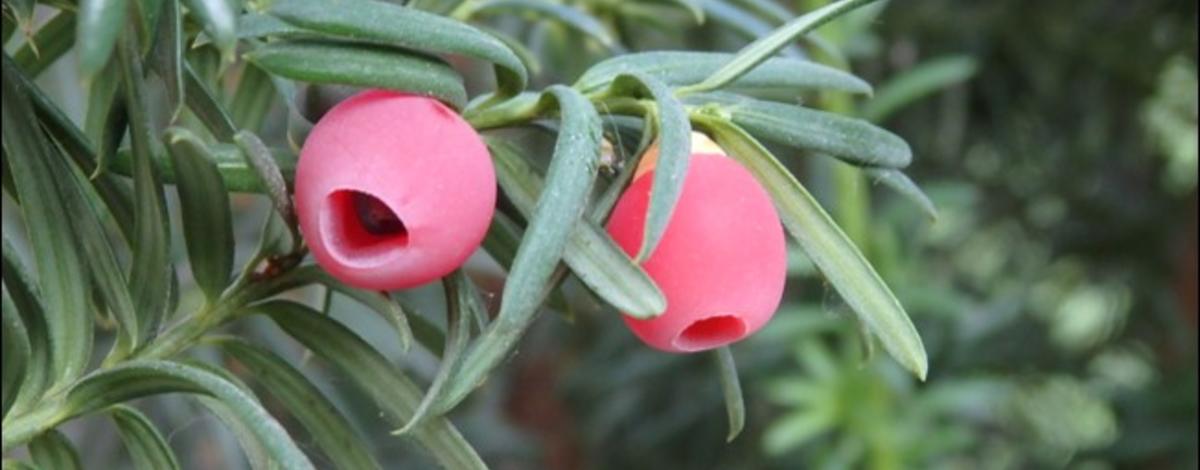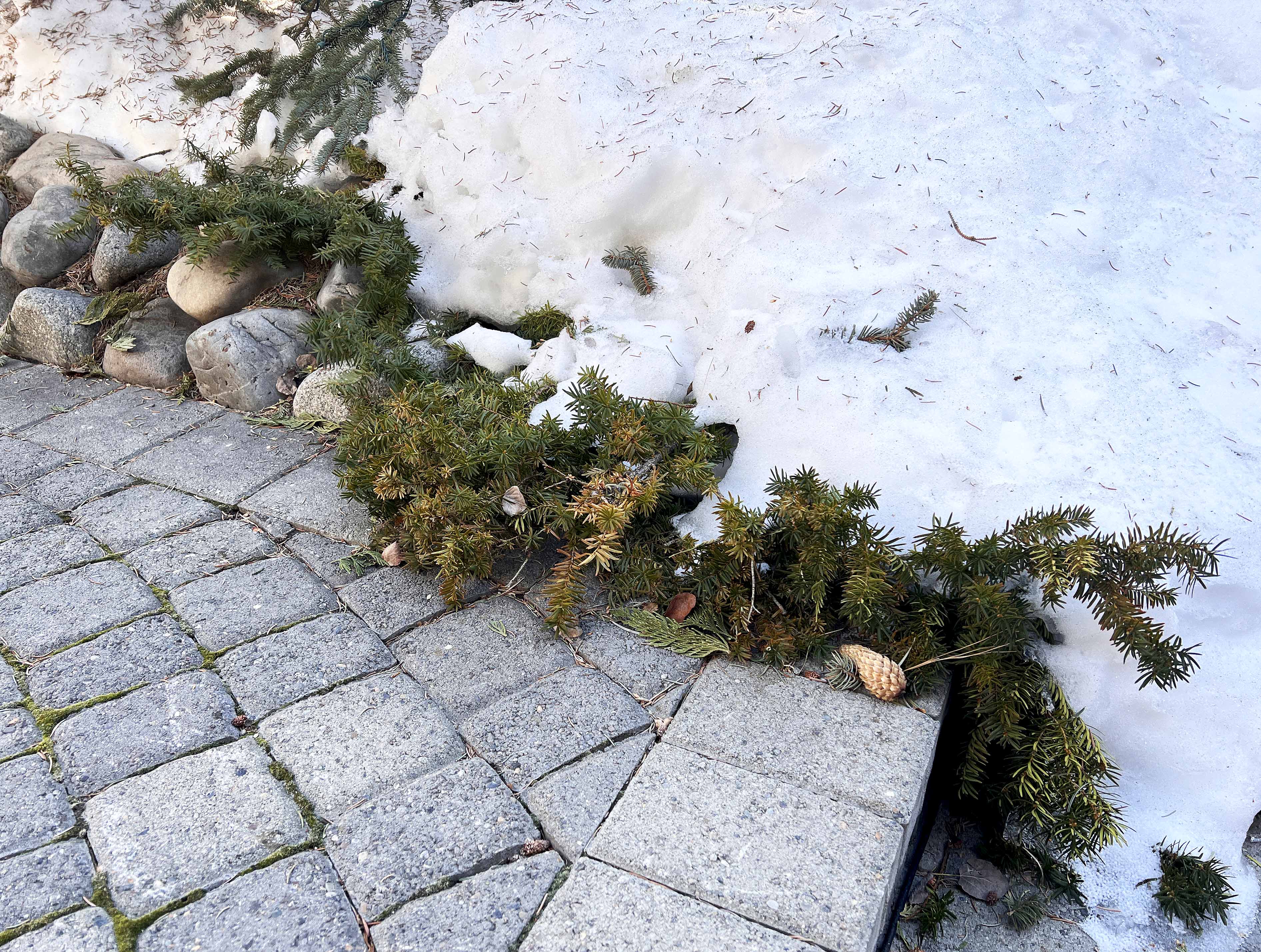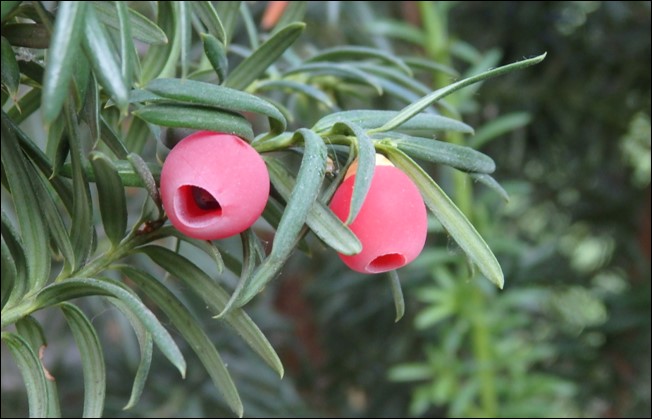A recent death of a moose north of Ketchum in the Hulen Meadows subdivision has renewed concerns about wildlife eating ornamental yew plants, which are deadly to anything that eats the plant. Fish and Game officers were unable to determine the cause of death since a necropsy was not performed before the moose was removed from the area. The immediate area was searched for yew plants but none have been found to date.
During the winter of 2021 – 2022 over 20 elk died because of eating ornamental yew throughout the Wood River Valley.
Several plant species are toxic to wildlife and pets, especially those in the yew family.



